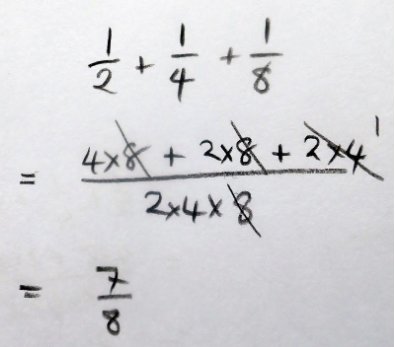Why Learning Pod Facilitators are Crucial for Students with Learning Differences
With the mad scramble to move education online when coronavirus hit, many parents who have children with learning differences realized that the online shift has diminished crucial elements of their child’s education. The shift to online classes has left students struggling with these issues feeling socially isolated or unable to focus during the virtual school experience.
During the summer, many parents have been experimenting with learning pods, and they are becoming an increasingly popular alternative (or supplement) to online school. A learning pod is a small group of families or students who decide to learn together. Depending on the learning pod, the pod facilitator could be a privately-hired tutor, teacher, or the parents themselves. The families also must set strict rules regarding how much social interaction they can have outside the pod, as well as how to behave in public (e.g. wearing masks, washing hands, etc.). Learning pods like these can ensure that kids are still able to receive valuable, in-person education while still safely following CDC guidelines. Although there are socioeconomic consequences to the increase in learning pods, they are still a great resource for families with the budget for them. The cost of a learning pods can vary depending on the type, so there are a range of options for families’ needs.
So, what does this mean for students with learning differences?
Learning pods can greatly benefit students with learning differences, or even those who simply find difficulty thriving in the virtual classroom. The most important thing, however, is having a pod facilitator present. The pod facilitator can be a hired tutor, teacher, or a parent, and is key to maximizing the learning pod experience. Although one-on-one tutors still exist, many of those services have gone online, leaving students who struggle in certain disciplines having even more difficulty keeping up. Having an in-person facilitator there to guide the learning process, as well as having a small group of peers to work with, can increase socialization and the motivation to do well—it’s a proven fact that smaller class sizes benefit students, particularly those with learning differences.

Learning pod facilitators can maximize success for students who struggle in particular disciplines.
Takeaways
Learning differences come in many different forms, so it’s important to know what your child needs out of a learning pod before investing in one. Taking classes online can make students feel isolated and unmotivated to work, but learning pods can give students with learning differences the specialized help they need to succeed, maybe even more than “regular” school.
SITEMAP
OUR OFFICES
Burlingame Office
100 El Camino Real,
Suite 101
Burlingame, CA 94010
(888) 521-5243
info@cardinaleducation.com
Woodside Office
2920 Woodside Rd,
Suite D
Woodside, CA 94062
(888) 521-5243
info@cardinaleducation.com
Beverly Hills, LA Office
9350 Wilshire Blvd,
Suite 203
Beverly Hills, CA 90212
(310) 904-6055
info@cardinaleducation.com
Bellevue, WA Office
1239 120th Ave NE,
Suite A
Bellevue, WA 98005
(425) 785-7688
info@cardinaleducation.com

